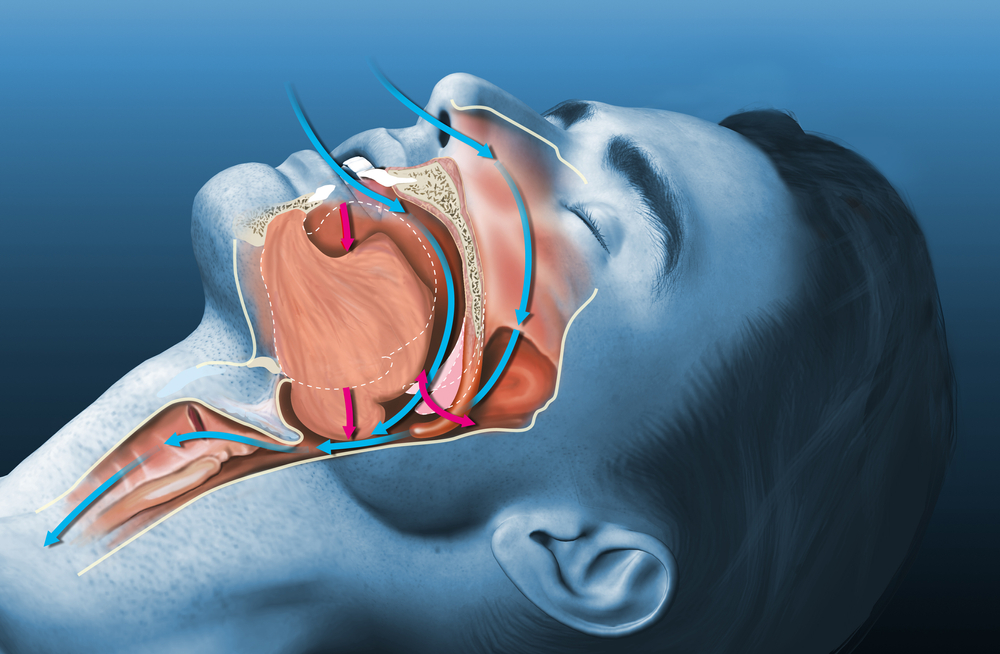Causes, consequences, and solutions to snoring
Snoring is a common phenomenon that affects a large part of the population, with a higher incidence in men and older people. Snoring can be caused by various factors and, although it may seem like a harmless disturbance, it can have negative consequences on sleep quality and overall health. In this article, we will examine the main causes of snoring, its consequences, and possible solutions, including the use of an anti-snoring dental bite.
The causes of snoring
Snoring occurs when the airflow through the mouth and nose is partially blocked during sleep. This blockage can be caused by several factors, including:
- Airway anatomy: some people have an airway structure that favors snoring, such as a narrow throat, enlarged tonsils, or a soft palate and elongated uvula.
- Age: as age advances, the muscles of the throat and tongue tend to weaken, increasing the likelihood of snoring.
- Overweight: excess weight, particularly around the neck, can cause increased pressure on the airways, making it more difficult for air to pass through and promoting snoring.
- Sleep position: sleeping on your back promotes snoring, as the tongue and palate tend to collapse towards the throat, reducing the space for airflow.
- Alcohol and sedative consumption: taking alcohol and sedatives before sleeping can excessively relax the throat muscles, increasing the likelihood of snoring.
- Nasal problems: nasal congestion, deviated nasal septum, and polyps can obstruct airflow through the nose, forcing mouth breathing and promoting snoring.
- Obstructive sleep apnea: this disorder, characterized by respiratory pauses during sleep, can cause intense vibration of the soft throat tissues, causing snoring.
Consequences of snoring
Snoring can have several negative consequences, both for the snorer and those sharing the room:
- Poor sleep quality: snoring can disrupt sleep, causing frequent awakenings and less deep and restorative sleep.
- Daytime fatigue: due to disturbed sleep, those who snore may suffer from fatigue and drowsiness during the day, resulting in reduced concentration and work performance.
- Relationship issues: snoring can cause tensions and conflicts between partners, compromising the quality of the couple's life.
- Risk of sleep apnea: snoring may be a symptom of obstructive sleep apnea, a condition that involves a higher risk of hypertension, cardiovascular diseases, and stroke.
Solutions to snoring
To reduce or prevent snoring, some strategies and tips can be adopted, such as losing weight, avoiding alcohol and sedatives, sleeping on your side, and using appropriate pillows and supports. However, in some cases, snoring may persist despite these interventions, making it necessary to use specific devices, such as an anti-snoring dental bite.
The anti-snoring dental bite is a dental device that is positioned between the two dental arches to modify their spatial relationships and facilitate air passage during sleep. Thanks to this mechanism, the anti-snoring dental bite is able to reduce or eliminate snoring, improving sleep quality and reducing the risks associated with sleep apnea.
In conclusion, snoring is a common phenomenon that can have negative consequences on sleep quality and overall health. To combat snoring, it is important to identify and address the underlying causes, adopt appropriate strategies and tips, and, if necessary, use specific devices such as the anti-snoring dental bite. Consulting a doctor or specialist may be helpful in assessing the presence of any sleep disorders and receiving appropriate treatment.
